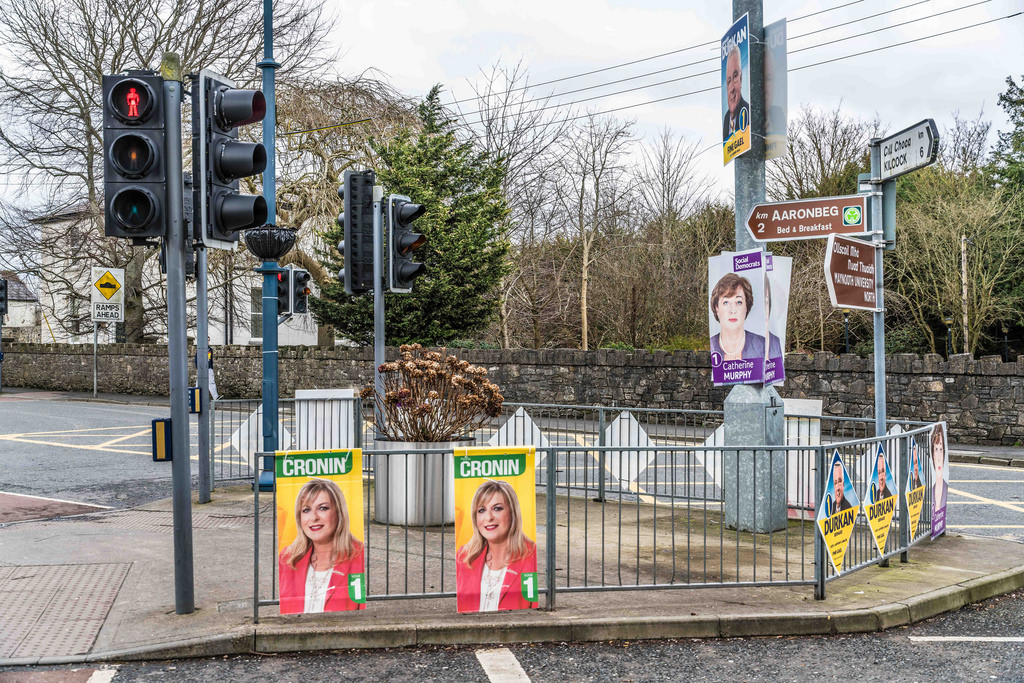Minister for Public Expenditure and Reform, Paschal Donohoe, has launched major national study on Irish voter attitudes. The launch comes following the publication of research done by Professor Gail McElroy and Professor Michael Marsh in the Department of Political Science, along with University College Dublin’s (UCD) David Farrell. The study, “A Conservative Revolution: Electoral Change in Twenty-First Century Ireland”, was completed in Ireland during a nine year period between 2002 and 2011.
The launch will also celebrate the work of Professor Marsh and his contribution to the study of Irish electoral behaviour over the course of four decades. The study is the first to explore the complete set of Irish National Elections Studies between 2002 and 2011. These large-scale post-election random sample surveys are designed to explain why Irish people vote in the way they do.
Speaking on the importance of the study McElroy said: “Any country that values its democracy needs credible and valid measures of how its citizens think, feel and behave at election time.” McElroy went on to say that the Irish National Election Study would provide political scientists with “quality, trustworthy and objective data on voter attitudes and opinions” and answer “why ideology continues to play such a minimal role in Irish politics”.
Some key findings of the study conclude that the health of the economy has long influenced election results, and that the tone of media coverage during recent Irish elections has had a limited impact on voters’ perceptions of the economy, and no direct influence on voting.
The study also found that the two largest parties in Ireland, Fianna Fáil and Fine Gael, are broad churches, meaning voters hear mixed messages from them. While voters place parties on a general left-right dimension, it does not influence their voting choices. The study found that Fianna Fáil was vulnerable to a generational change over a long period, which left the party with a smaller set of die-hard supporters, and in real competition with other parties for the remainder of the electorate’s vote.
It was also shown that voters who are in contact with their TD will often support their party at the next election, and that this voting is the result of sense of duty. This duty was unaffected by the economic crisis.
Professor Marsh concluded that “analyses of the first three studies indicate what is changing, from the growing importance of class to malleable party loyalties, but also expand many of the easier findings, including the absence of any clear meaning of what is meant by ‘right’ and ‘left’, and underline the importance of maintaining this series of election studies.”







